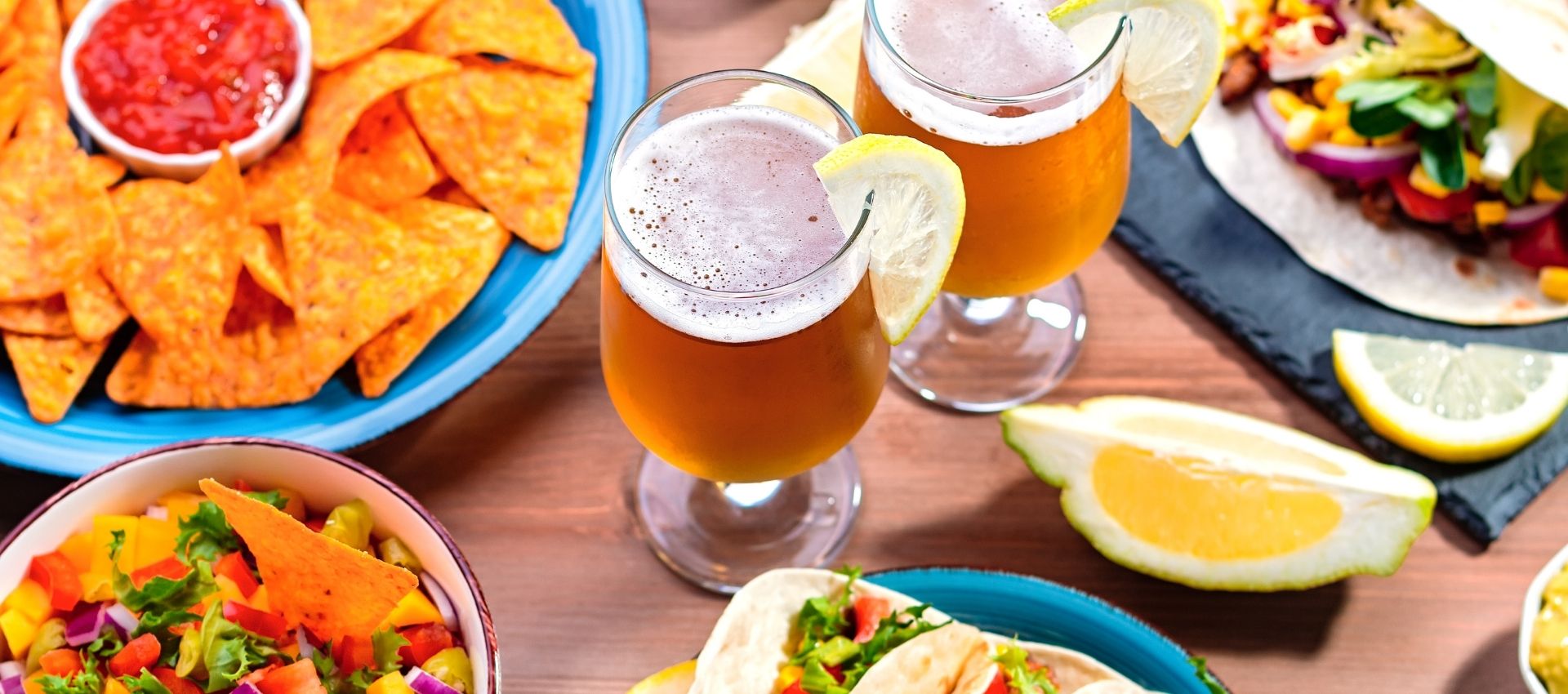Food and Beverage
Driven by changing consumer preferences, this industry emphasizes health, sustainability, and convenience. Plant-based, organic, and functional foods are gaining popularity. Innovation in processing, packaging, and supply chains enhances quality and safety. Globalization and e-commerce are expanding reach and redefining food consumption patterns.

The Food and Beverage Industry is a diverse and essential sector that plays a fundamental role in sustaining populations, shaping cultures, and driving economies worldwide. It includes all aspects of the supply chain from agricultural production and food processing to packaging, distribution, retail, and food service. As consumer preferences, health consciousness, and sustainability concerns evolve, the industry continues to adapt through innovation and diversification.
Global demand for convenient, nutritious, and ethically produced food has led to significant changes in product development and business models. Consumers are increasingly seeking healthier options, clean-label ingredients, plant-based alternatives, and functional foods that offer additional health benefits, such as improved digestion or immunity support. This shift has fueled the rise of organic, non-GMO, gluten-free, and dairy-free products across supermarkets and restaurants alike.
The growth of plant-based foods is particularly noteworthy. Innovations in food science have enabled the creation of meat and dairy substitutes that closely mimic the taste and texture of animal products. These alternatives, made from ingredients like soy, peas, and oats, appeal not only to vegans and vegetarians but also to flexitarians consumers reducing animal product intake for health or environmental reasons. Startups and major brands alike are investing in this segment, driving mainstream acceptance and global expansion.
Technology is transforming how food and beverages are produced, processed, and delivered. Automation, robotics, and data analytics are being used to enhance efficiency, traceability, and safety in manufacturing and logistics. In the retail space, e-commerce and food delivery platforms have seen tremendous growth, offering convenience and customization. Cloud kitchens and virtual brands have emerged as cost-effective ways to serve changing customer habits without traditional dine-in infrastructure
.
Food safety and regulatory compliance are central concerns in the industry. Governments and international bodies enforce strict standards regarding hygiene, labeling, and food additives to protect consumers. Traceability systems, enabled by blockchain and IoT sensors, are helping companies monitor supply chains in real time, ensuring transparency and rapid response to recalls or contamination issues.
Sustainability is another key focus, with growing awareness around food waste, carbon footprints, and ethical sourcing. Companies are developing eco-friendly packaging, adopting regenerative agricultural practices, and working to reduce energy and water consumption across operations. Circular economy models, including upcycling food by-products into new items, are gaining attention for their environmental and economic potential.
Globalization has expanded access to diverse cuisines and ingredients, but it has also made supply chains more complex and vulnerable to disruptions. Events like pandemics, geopolitical tensions, and climate-related challenges can significantly impact availability and pricing. As a result, businesses are investing in local sourcing, vertical farming, and resilient logistics to mitigate risks.
As the industry continues to evolve, it must balance innovation with responsibility meeting the demand for quality, convenience, and taste while promoting health, safety, and environmental stewardship. With ongoing investment in research, technology, and sustainable practices, the food and beverage industry remains poised to meet the needs of a growing and increasingly conscious global population.
Company
Newsletter
We have a dedicated team of specialists for you as your email.


